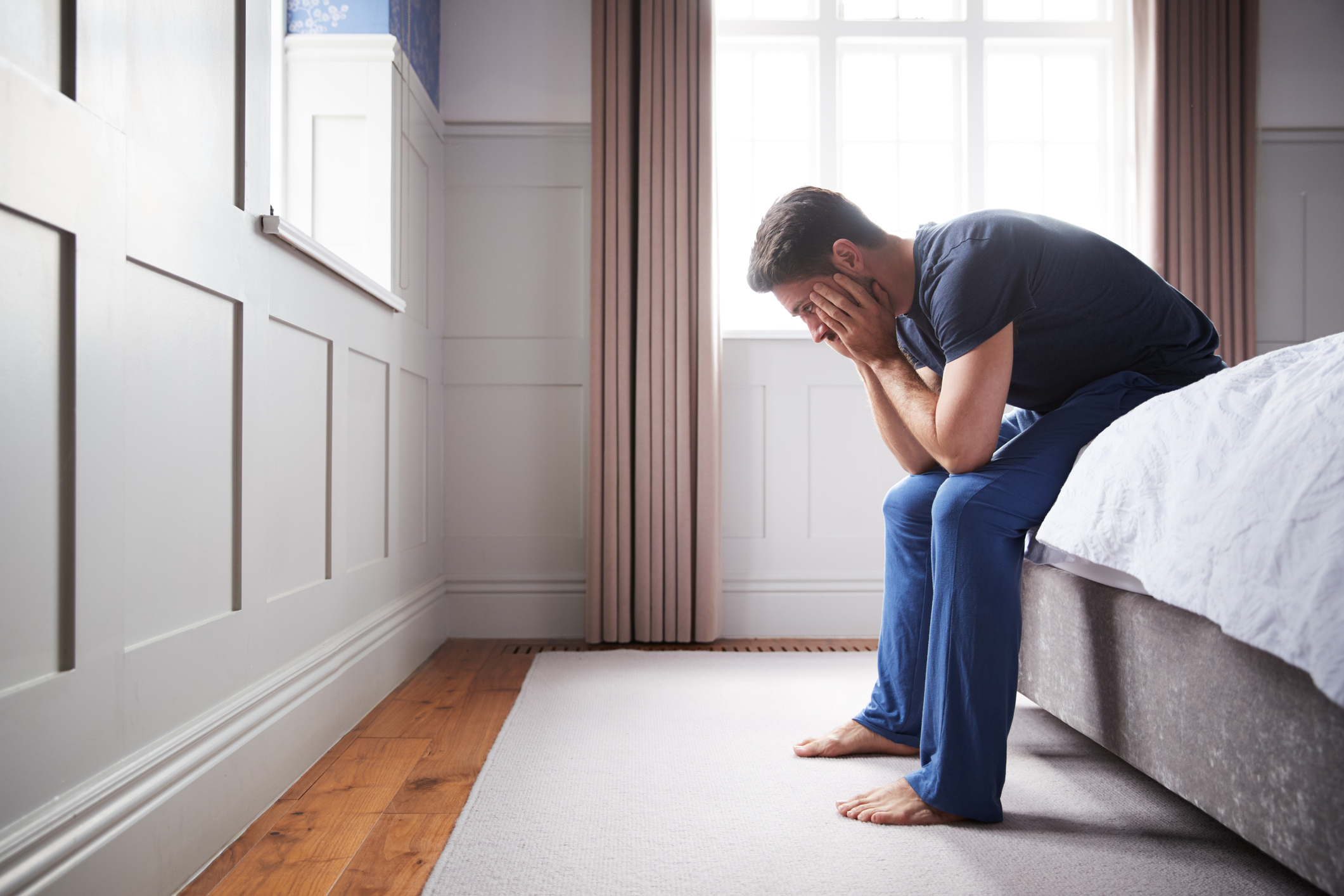Get Easy Health Digest™ in your inbox and don’t miss a thing when you subscribe today. Plus, get the free bonus report, Mother Nature’s Tips, Tricks and Remedies for Cholesterol, Blood Pressure & Blood Sugar as my way of saying welcome to the community!
10 signs your immune system is sending an S.O.S.

The human body is truly amazing. There are so many organs, parts, systems and connections that work together so that we can get up every day and do what we do.
The downside of this is that lots of little things can go wrong. Some are annoying, while others can wreak havoc with our daily lives.
Very often, we blame ourselves for things like fatigue, skin rashes, or joint pain. Maybe I stayed out in the sun too long? Maybe I’m working too hard?
The fact is that many of these “little” mishaps are caused by problems with the functioning of the immune system.
The immune system 101
Your immune system is a complex network of cells and organs that protects the body from infection by recognizing and destroying “intruders”, i.e., the bacteria, viruses and fungi that cause disease.
The organs of the immune system are found throughout the body and include the lymph nodes, bone marrow, tonsils and spleen. They all have a role in producing lymphocytes, the white blood cells that fight intruders, and in sending them where they are needed.
As you might imagine, such a finely tuned system can malfunction sometimes.
When your immune system is out of whack
An immune system that isn’t working properly can cause more problems than it cures. Your immune system can be weak and underactive, but it can also be overactive, or even attack your body by mistake (as in auto-immune diseases are on the rise in those of us over age 50).
Immune system problems can cause a range of symptoms, allergic reactions or persistent illnesses.
Here are 10 signs your immune system is in trouble:
Dry or gritty eyes. In Sjogren’s syndrome, your immune system dries up the tears that are meant to keep your eyes moist. Not only does this lack of moisture make the eyes feel dry and gritty like there’s sand in them, but it can lead to cornea damage.
Depression. An immune system that’s not working properly can send proinflammatory cytokines to the brain. Research has linked depression with an increase in cytokines in the body.
Skin rashes. It may surprise you to learn that both eczema and psoriasis (including psoriatic arthritis) are diseases linked to a faulty immune system. Your immune system attacks your own skin cells with inflammation, causing redness, flakiness and pain.
Stomach or bowel problems. These may sometimes be a sign of an immune system problem. For example, Crohn’s disease, ulcerative colitis and celiac disease are all driven by the immune system and have ties to leaky gut syndrome (a condition believed to make people more susceptible to autoimmune diseases).
Cold hands and feet. If your hands and feet turn white or blue in the cold, it could be that your thyroid gland is underactive and that your immune system is causing it. This condition is known as Raynaud’s disease.
Hair loss. We all see hair come out in our comb or brush, but if you’re losing patches of hair whenever you brush, you could have alopecia areata, caused when your immune system attacks and damages your hair roots. This is also a symptom of underactive thyroid.
Joint pain. Joints that become suddenly painful, swollen and stiff for no apparent reason could be a symptom of rheumatoid arthritis, in which your immune system inflames the tissue lining your joints.
Slow-healing wounds. A healthy immune system is quick to send nutrients to a wound to promote healing. With a sluggish immune system, on the other hand, even minor cuts, burns or scrapes could take a long time to heal.
You’re sick all the time. Everyone gets a cold now and then. But if you have four or more yearly ear infections, chronic sinus infections, pneumonia twice in one year, or you need antibiotics twice a year or more often, you could have an immune deficiency.
Fatigue. Extreme fatigue is often a tip-off that your overactive immune system is triggering inflammation. If you’re often feeling wiped out after simple physical activity, or feel like you can’t walk across the room, your immune system could be to blame.
How to support your immune system
When it comes to strengthening you immune system for a healthy response there are two things to focus on: boosting and balancing.
Boosting the immune system is fairly easy. The two most effective ways to do that is via the right foods (nutrients) and exercise.
I’ve compiled a list of a dozen delicious foods that contain nutrients with well-researched impacts on the immune system.
As far as exercise’s impact on your immune system, it really doesn’t take that much. A 2005 study published in the journal Medicine and Science in Sports and Exercise revealed that walking briskly for 30 minutes increased the number of natural killer cells, white blood cells and other important immune cells circulating in the body.
But balancing — or modulating — the immune system may take a little more work. An immune system that overreacts is part and parcel of autoimmune conditions. The black seeds of the Nigella sativa plant contain a compound called thymoquinone, considered to be an immune system modulator. In fact, in Egypt, the seeds are commonly used as medicine, spice and nutritional supplements.
Editor’s note: Are you feeling unusually tired? You may think this is normal aging, but the problem could be your master hormone. When it’s not working, your risk of age-related diseases skyrockets. To reset what many call “the trigger for all disease” and live better, longer, click here to discover The Insulin Factor: How to Repair Your Body’s Master Controller and Conquer Chronic Disease!
Sources:













